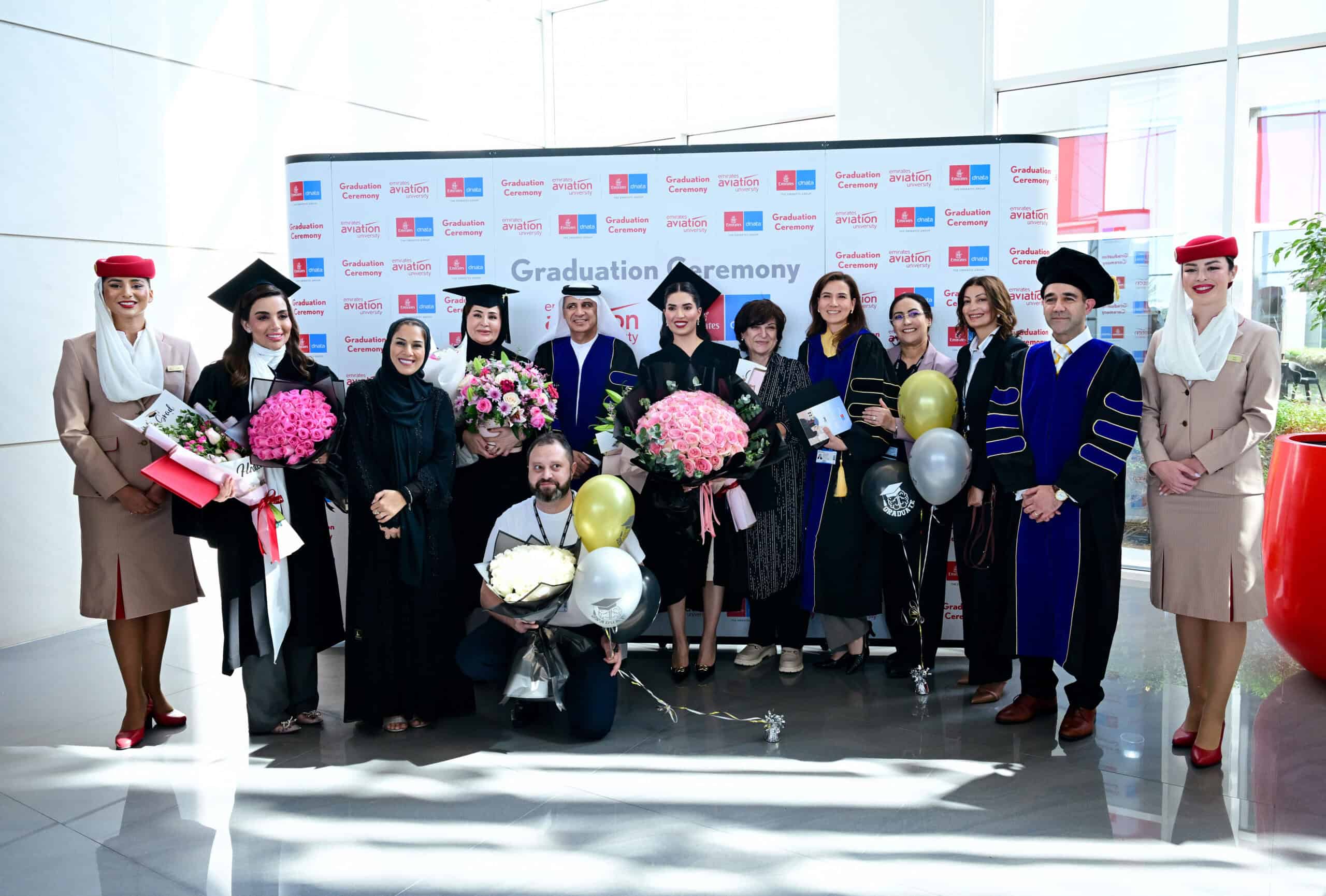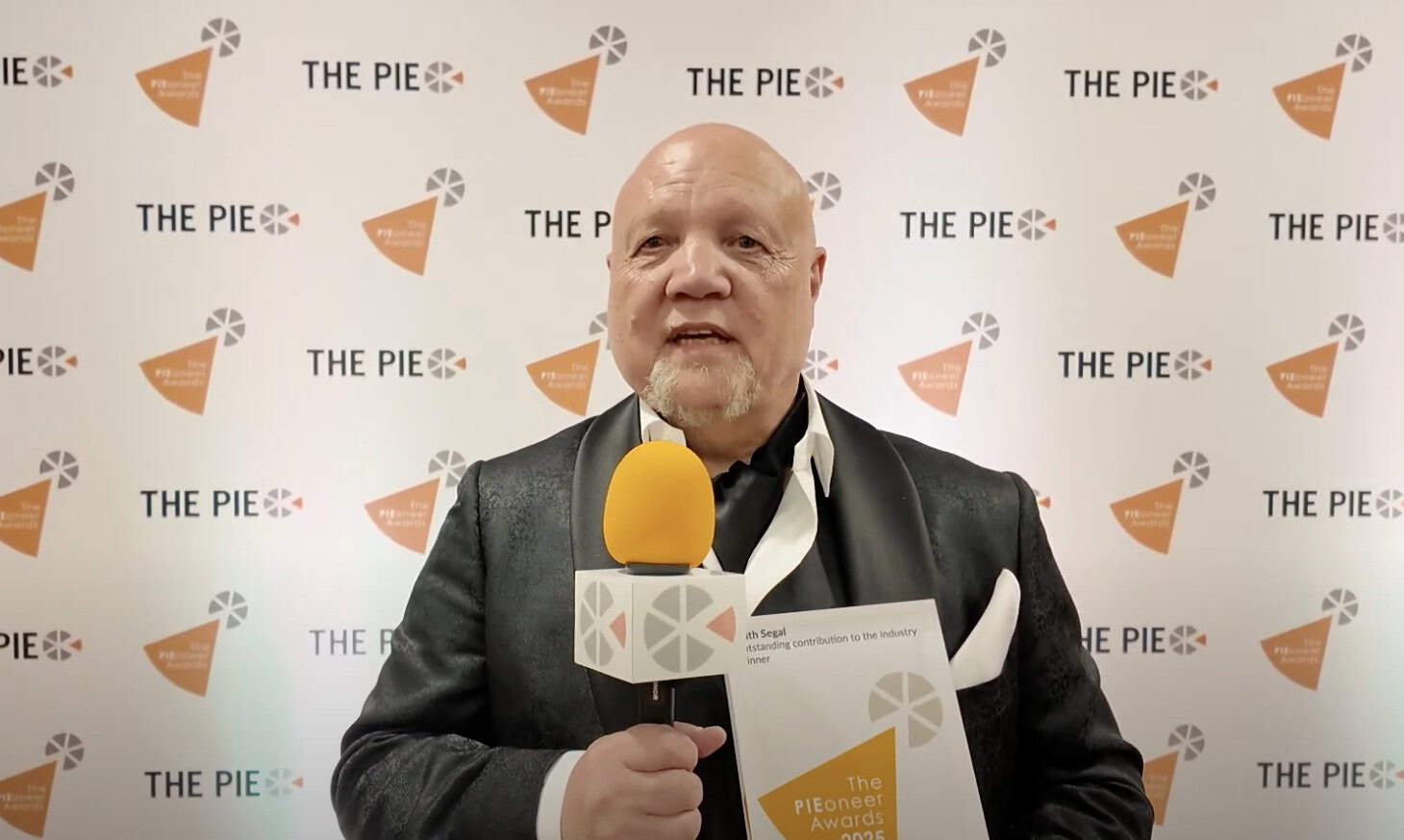The graduates were conferred by His Highness Sheikh Ahmed bin Saeed Al Maktoum, chairman and chief executive of Emirates Airline and Group, and chancellor of EAU. Addressing the ceremony, he highlighted the growing importance of digitally skilled professionals as the sector undergoes rapid transformation.
Held at the EAU campus in Dubai, the latest cohort brings the university’s total number of graduates to more than 26,500 – with the institution reporting a 94% employability rate, underlining its role in supporting the aviation industry’s evolving talent pipeline.
“As the industry enters a new era driven by digital transformation and innovation, the next generation of talent will play a defining role in charting its course,” said Sheikh Ahmed bin Saeed Al Maktoum.
“The graduates of EAU embody this momentum in the industry. They are equipped with the insight, resilience, and ambition needed to navigate an increasingly complex global landscape. Their achievements reflect our commitment to supporting an industry that remains vital to the world’s progress and prosperity. We extend our warmest congratulations to this exceptional cohort as they begin their journey into the future of aviation.”
The ceremony was attended by senior Emirates Group executives, EAU leadership and faculty, alongside graduates’ families and guests, as graduating students celebrated their completion of undergraduate and postgraduate degrees across aviation management, aeronautical engineering, aircraft maintenance engineering, logistics and supply chain management, aviation safety and security, and other key disciplines that support the aviation ecosystem.
The graduates of EAU embody this momentum in the industry. They are equipped with the insight, resilience, and ambition needed to navigate an increasingly complex global landscape
His Highness Sheikh Ahmed bin Saeed Al Maktoum, Emirates Airline and Group
“This year’s graduating class reflects the depth of talent nurtured at EAU,” stated Professor Ahmad Al Ali, vice chancellor of EAU.
“Our programs are developed in close alignment with the evolving needs of the aviation and technology sectors, ensuring our students graduate with industry‑relevant expertise and a forward‑looking mindset,” he added.
In addition, as part of the Emirates Group, EAU integrates industry exposure into its academic model. In 2025 alone, the Group trained 130 EAU interns, while more than 3,000 students have completed placements at Emirates and dnata over the years, gaining practical industry experience alongside their studies.
Of the 379 graduates, 296 completed bachelor’s degrees and 83 completed postgraduate qualifications. The cohort included 121 UAE nationalists, with 28 engineering students fully sponsored by Emirates Engineering. 20 students were recognised for outstanding academic performance across disciplines.
EAU also highlighted its emphasis on experiential learning, with students presenting engineering and artificial intelligence projects through the NextGen Leaders Program and Dubai Airshow 2025, offering exposure at one of the world’s leading aerospace events.
Founded in 1991, EAU is the education arm of the Emirates Group. It has established itself as the leading university for aviation studies in the region.
The university offers a comprehensive range of undergraduate, postgraduate, and research programmes in aeronautical engineering, aviation management, logistics and supply management, AI & data science, aviation safety, and aviation security studies. EAU also provides a one-semester internship programme with the Emirates Group for undergraduate students.




















